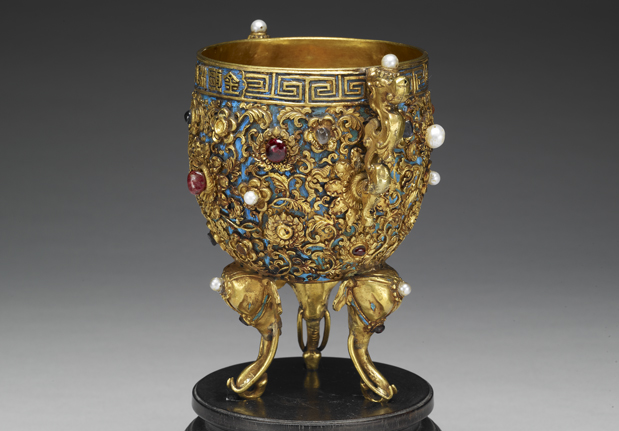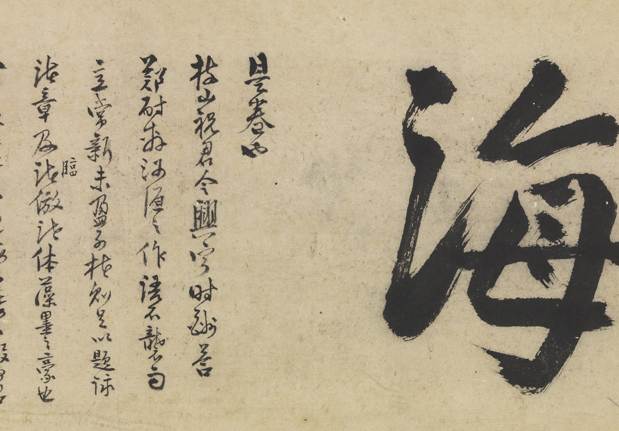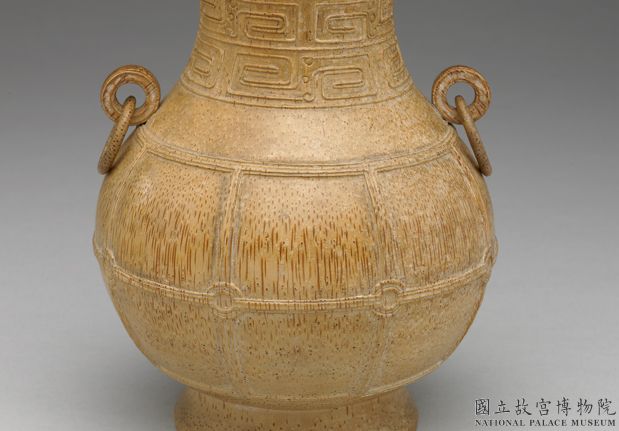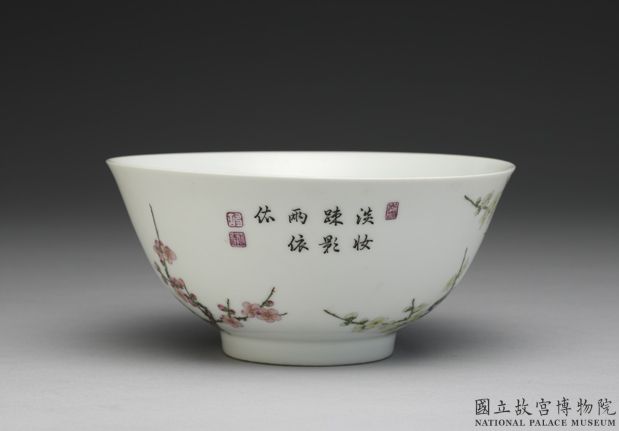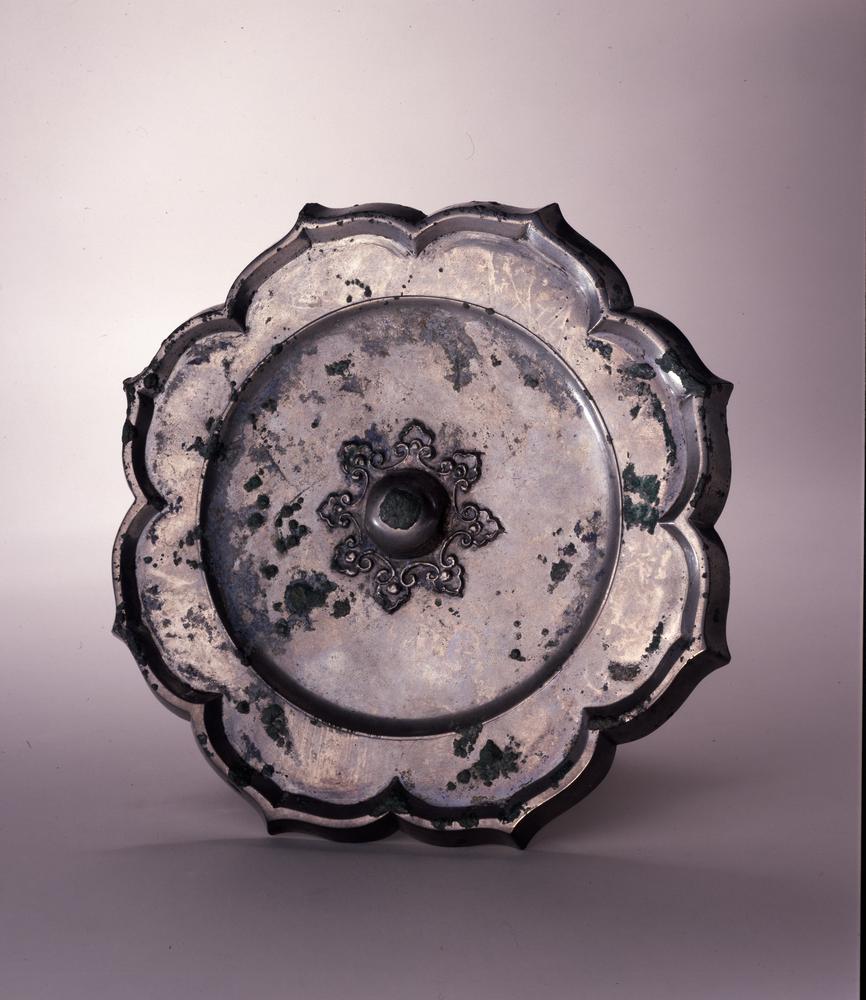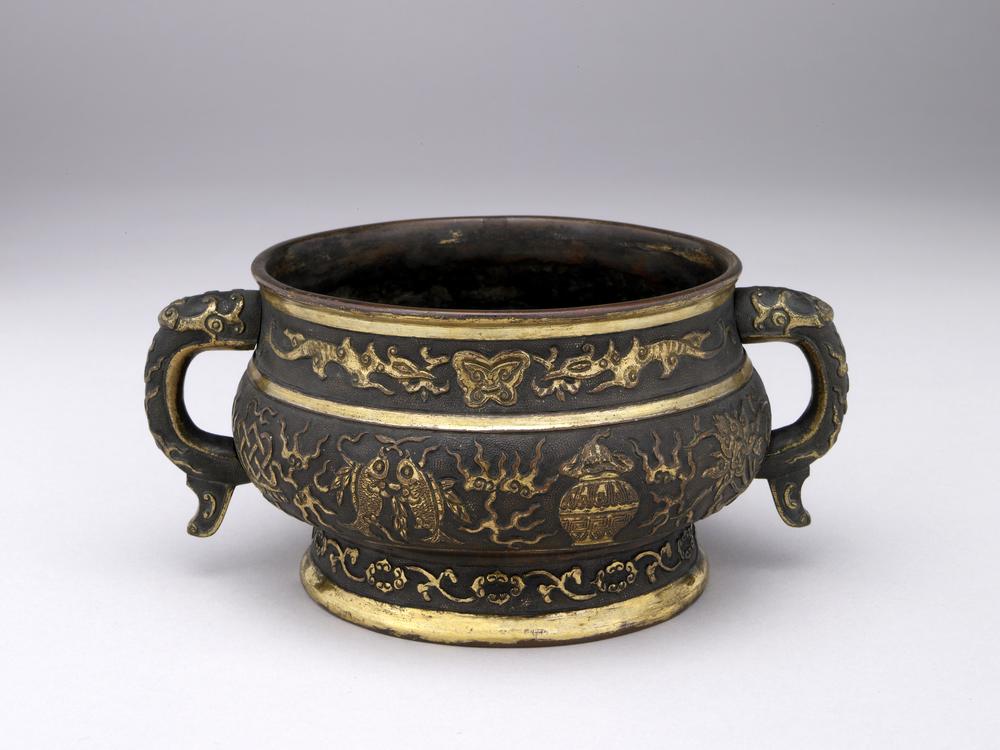Period:Eastern Zhou dynasty Production date:600BC-200
Materials:glass
Technique:
Dimensions:Diameter: 2.08 centimetres
Description:
Bead decorated with horn-like eyes. Made of blue glass.
IMG
![图片[1]-bead BM-1940-1214.34-China Archive](https://chinaarchive.net/Eastern Zhou dynasty/43/mid_00285317_001.jpg)
![图片[2]-bead BM-1940-1214.34-China Archive](https://chinaarchive.net/Eastern Zhou dynasty/43/mid_00391994_001.jpg)
![图片[3]-bead BM-1940-1214.34-China Archive](https://chinaarchive.net/Eastern Zhou dynasty/43/mid_01389774_001.jpg)
Comments:Rawson 1992:Beads decorated with layers of coloured glasses, making what are called ‘eyes’, are known from many parts of the world, including Egypt, Mesopotamia and Europe. The form of this bead was probably copied from such foreign examples. The chemical composition (traces of barium), however, indicates that the beads were made in China. Cobalt, needed for the blue colour came from Afghanistan. Both the use of this foreign material and the form in which it was made indicate that the Chinese were in contact not merely with their neighbours in Central Asia, but through them with the lands of the Middle East. Glass beads are found, for example, in the fifth-century BC tombs as that of the Marquis Yi of Zeng. See also BM 1940.1214.27, 5, 35, 42, 43, 44, 46, 55, 75 and 78; BM 1938.0524.632, 751 and 753; or BM 1945.1017.165.
Materials:glass
Technique:
Dimensions:Diameter: 2.08 centimetres
Description:
Bead decorated with horn-like eyes. Made of blue glass.
IMG
![图片[1]-bead BM-1940-1214.34-China Archive](https://chinaarchive.net/Eastern Zhou dynasty/43/mid_00285317_001.jpg)
![图片[2]-bead BM-1940-1214.34-China Archive](https://chinaarchive.net/Eastern Zhou dynasty/43/mid_00391994_001.jpg)
![图片[3]-bead BM-1940-1214.34-China Archive](https://chinaarchive.net/Eastern Zhou dynasty/43/mid_01389774_001.jpg)
Comments:Rawson 1992:Beads decorated with layers of coloured glasses, making what are called ‘eyes’, are known from many parts of the world, including Egypt, Mesopotamia and Europe. The form of this bead was probably copied from such foreign examples. The chemical composition (traces of barium), however, indicates that the beads were made in China. Cobalt, needed for the blue colour came from Afghanistan. Both the use of this foreign material and the form in which it was made indicate that the Chinese were in contact not merely with their neighbours in Central Asia, but through them with the lands of the Middle East. Glass beads are found, for example, in the fifth-century BC tombs as that of the Marquis Yi of Zeng. See also BM 1940.1214.27, 5, 35, 42, 43, 44, 46, 55, 75 and 78; BM 1938.0524.632, 751 and 753; or BM 1945.1017.165.
© Copyright
The copyright of the article belongs to the author, please keep the original link for reprinting.
THE END
